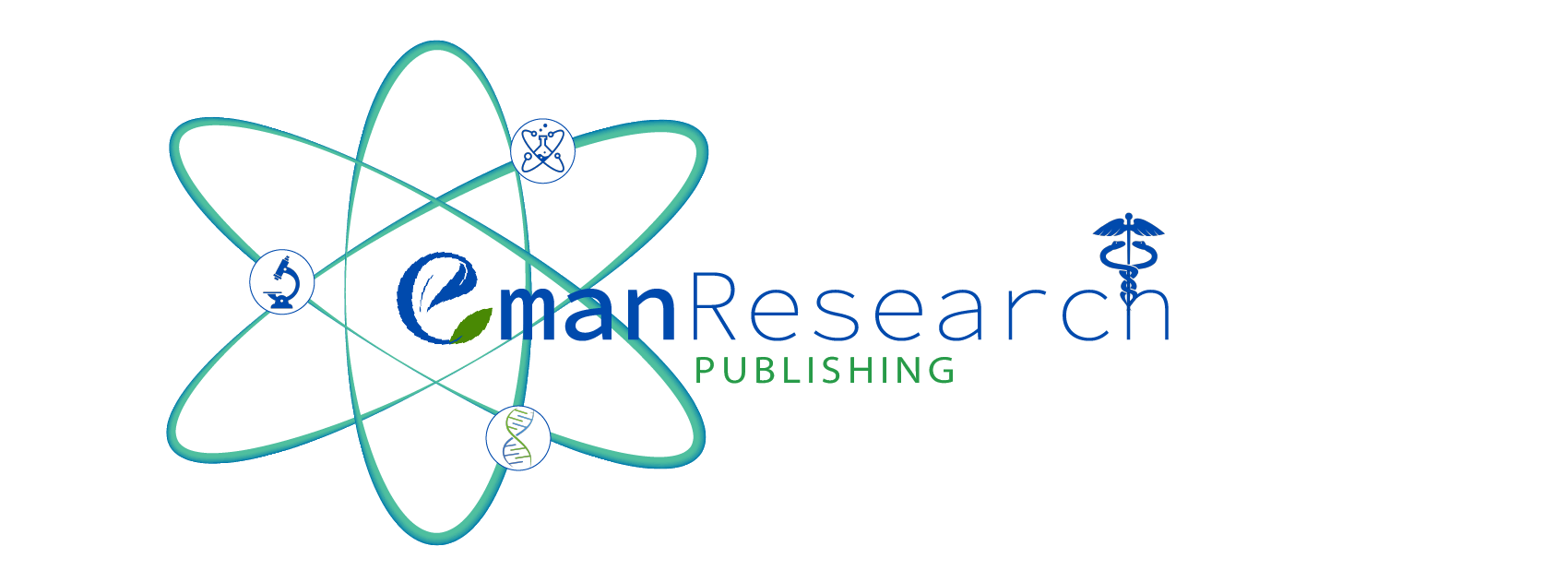Insights into Advanced Non-Small Cell Lung Cancer Patients with MET Alterations
Emeritus Prof. Dr. Liam Chong Kin
Integrative Biomedical Research 6(3) 708-708 https://doi.org/10.25163/angiotherapy.639C
Submitted: 24 December 2022 Revised: 24 December 2022 Published: 24 December 2022
Abstract
The receptor for hepatocyte growth factor, a tyrosine kinase that is encoded by the mesenchymal epithelial transition factor (MET) oncogene, plays a crucial role in cancer growth, invasion and metastasis. Oncogenic MET alterations can act as a primary driver of tumorigenesis, with tumor dependence on MET signaling for cancer initiation and progression, a phenomenon that is called ‘oncogene addiction’. MET exon 14 (METex14) skipping mutations and MET amplification have been identified as alterations that can convert MET into a primary oncogenic driver in non-small cell lung cancer (NSCLC). MET amplification is also an acquired resistance mechanism in 10-15% of patients with epidermal growth factor receptor (EGFR)-mutated non-small cell lung cancer (NSCLC) treated with EGFR tyrosine kinase inhibitors (TKIs). Targeted therapies are available or are in development to target NSCLC harbouring METex14 skipping mutations or MET amplification. Both of these MET alterations are biomarkers predictive of sensitivity to MET inhibition in NSCLC. The level of MET amplification potentially has an impact on the efficacy of targeted treatment, with patients with highly amplified tumours expected to show a better response.
METex14 skipping mutation is now an actionable oncogenic driver in advanced/metastatic NSCLC with selective MET inhibitors such as tepotinib and capmatinib showing durable clinical activity in advanced NSCLC patients with this MET alteration.
Testing for MET amplification often requires tissue analysis using fluorescent in-situ hybridisation because tissue and especially circulating tumour DNA next-generation sequencing underestimates MET amplification. Combining a selective MET inhibitor with first- or third-generation EGFR TKI on development of acquired EGFR TKI resistance due to MET amplification is a treatment strategy with promising efficacy.
References
View Dimensions
View Altmetric
Save
Citation
View
Share


